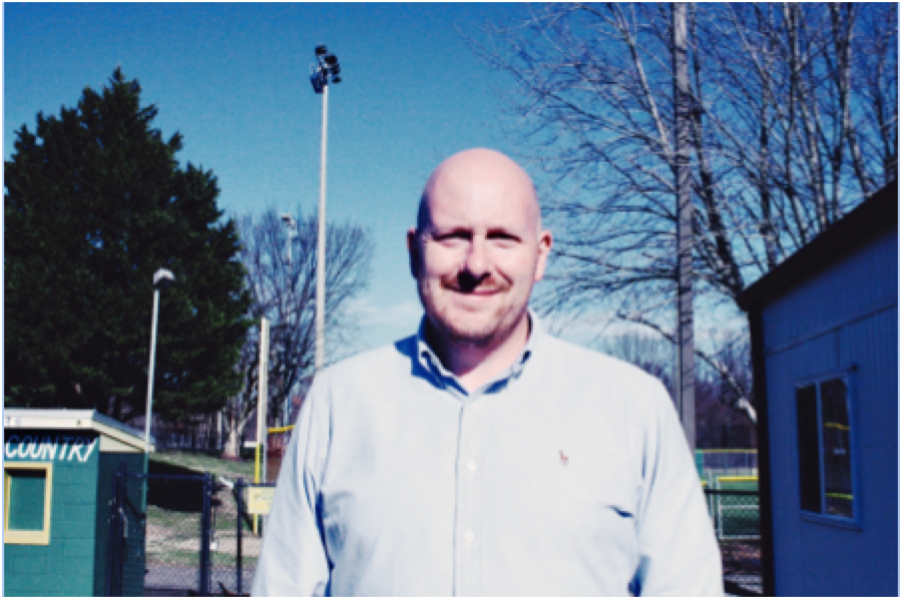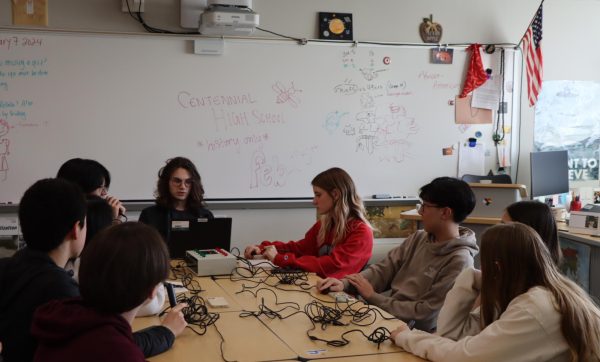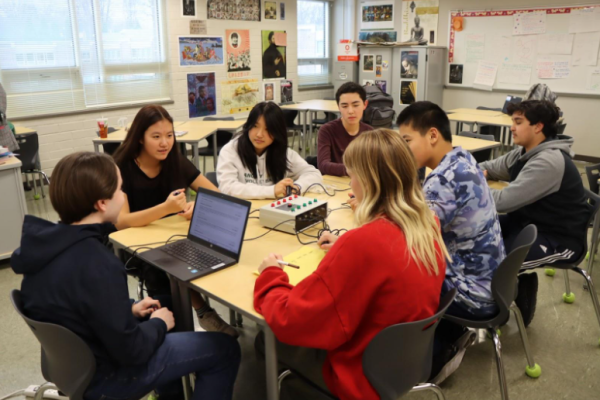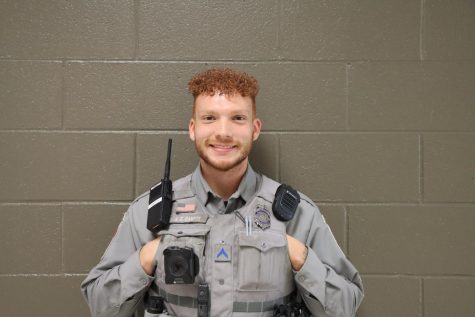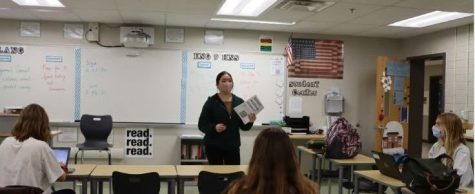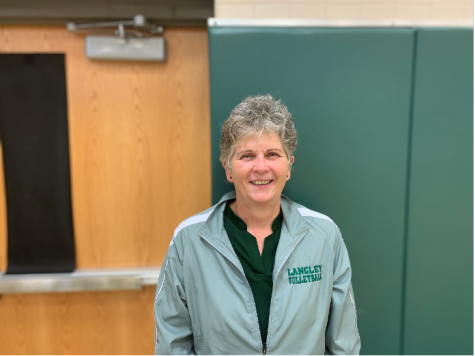Joshua Henry, Former Mayor, but Current Langley Teacher
An educator with an unexpected journey
Born and raised in rural Lewistown, Pennsylvania, government teacher, Joshua Henry was elected mayor of his hometown only at age 24. Re-elected twice by his constituents while he worked full time as a teacher in another county, Mr. Henry was a very consumed man for four years. However, those years were most definitely not a waste. “I learned more in those four years than anything I have ever done before or after,” he stated.
From going to a teacher to being a mayor and then being a teacher again, one could clearly see that this is not the most common career path to say the least. It begs the question: why?
Coming straight out of graduating college, Henry got a job as a history teacher a little outside of his hometown in Pennsylvania. Being that he was also a government teacher, he naturally had a keen interest in politics and a slew of different local issues. He knew that individually he could make a difference in his community, so he worked up the gut to make a stand.
Henry started to attend local council meetings, joined his local political party committee, and campaigned for certain issues that he personally connected to. As this began to become a habit for him, many of the people he worked with and talked to within these highly politicized environments encouraged him to run for office. He originally thought he was far too young as 24 year old man, but after giving it some thought, he decided that he could really make a difference being mayor of his town.
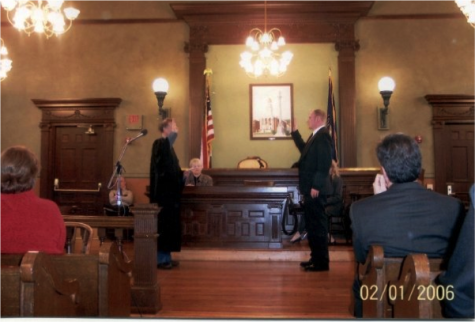
Henry wanted to focus on two major issues his town was currently facing for his campaign platform. These included the integration of local police institutions and a revitalization campaign for his town, meaning the town would be allocated a certain amount of grant money to aid local economic development. Since many citizens were highly concerned about the fiscal state of their industry—based community, many identified with Henry’s message and, as a result, he won the election. However it was not just policy ideas that got Henry elected, it was his campaign strategy as well.
“A lot of it came down, at the local level, to personal interaction. You know we didn’t have a very big TV market, so there weren’t a lot of TV campaign commercials, but there were radio commercials, newspaper ads, campaign signs…you know all the typical things that you would see in a campaign. But in a small community it was a lot of personal interaction that got me elected,” he pronounced.
Campaigning by no means was easy for Henry. Being so young, he
had faced great adversity in getting people to believe he was running for all the right reasons.
“You know people were skeptical at times. Like why should I be mayor why did I want to be mayor, you know I had to really think of
how do I communicate to these voters…why I am ready to do this, what my ideas were, why I felt I would do a good job.”
Ultimately, Henry believes that making a connection with your voters is absolutely necessary to win any election. Even with the difference in proportions, issues, the presence of the Electoral College, and finally the amount of money provided, there is a comparison to be made between his campaign and the 2016 Presidential Election.
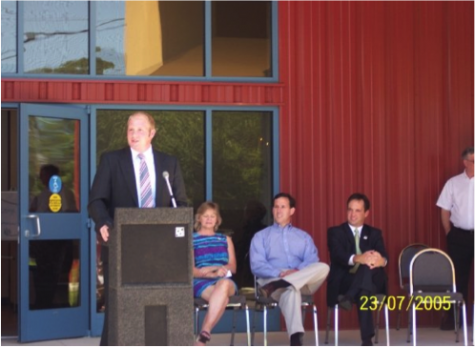
“If you don’t make the connections with the people that are going to come out and check your name off on the ballot then you are not going to win. I think in that since it is similar and you can look at this presidential election–whatever your feelings are on the individual candidates or whatever your reaction might be to the result—you can recognize the fact that it was really important to connect with voters.”
As previously stated, while he held office, Henry was still working a full time teaching job and would continue to do so throughout his time as mayor. He successfully worked both jobs effectively, but working this much was in no doubt, very complicated. However, Henry had the great benefit of teaching his students all about campaigning and the political process because they lived outside of the city limits, meaning they were not his constituents.
“I was able to talk to them about the campaign with no conflict of interest and it was a really neat lesson,” he expressed. “My students were able to see how the whole process actually works.”
Mr. Henry loved both of his jobs—being a teacher and part of the political community of his town; however, after serving 4 years, it became tiresome. He soon was offered a job opportunity in Virginia.
“It was a hard decision to make; I really enjoyed what I did. I was eligible to run again, but I thought the best decision was to take a different path and I was excited to come down here.”
Even though, Henry had abandoned his life of local politics in Pennsylvania, it did not mean he was completely done getting involved in his community in general. He continued to take part in local political party meetings throughout Northern Virginia and has worked on many campaigns as well in his time in Virginia.
I asked him if he would ever run again, and to that there is no definitive answer, but he said this, “I haven’t completely left the world of politics, but I know that wherever I end up settling down, I will of course get involved again.”


